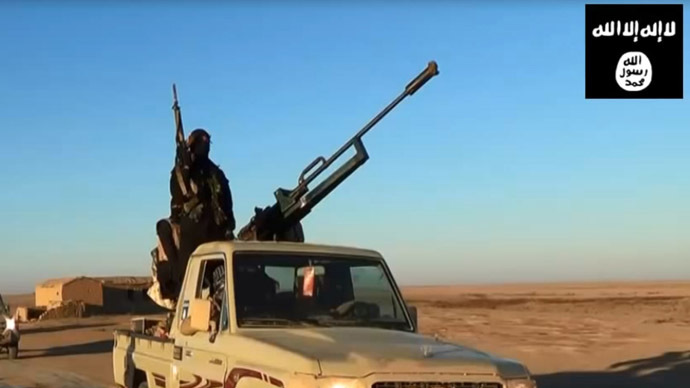 Sectarian violence could increase in Iraq after an attack by the Islamic State targeting Shias provoked revenge attacks against Sunni mosques.
Sectarian violence could increase in Iraq after an attack by the Islamic State targeting Shias provoked revenge attacks against Sunni mosques.
At the height of Iraq’s civil war, which began nearly a decade ago with the ousting of Saddam Hussein, such mosque attacks often unleashed revenge killings and counter-attacks across the country. Authorities are trying to calm down the situation by condemning the attacks. Abdul Lateef Al Himayim, head of Iraq’s government body overseeing Sunni religious sites, said the extremist group is in “a desperate attempt to destroy Iraqi unity.”
The attack back by the extremist group was condemned by the international community and the UN signaled that such actions would drag “the country back into the ark days of sectarian strife.” Meanwhile, the International Monetary Fund (IMF) warned on Tuesday that Baghdad is “facing a double shock arising from ISIS attacks and the sharp drop in global oil prices.”
There are claims that the Shia militants who have been instrumental in helping government forces fight the Islamic State were among those involved in the revenge attacks. Amal Omran, a Shiite member of the Diyala council, blamed the mosque attacks on “infiltrators” seeking to smear the image of the militias. At least seven Sunni mosques and dozens of shops in eastern Iraq were attacked with Molotov bombs and ten people reportedly shot in Muqdadiya, 80km northeast of Baghdad. The attacks were perpetrated in retaliation to the ISIS attacks against Shias that left 50 people dead on Monday. In an apparent new move to broaden its propaganda, the Islamic State launched a satellite channel from Mosul on Sunday under the name Bein HD4 and it is being broadcasted on Nilesat, an Egyptian satellite company.
